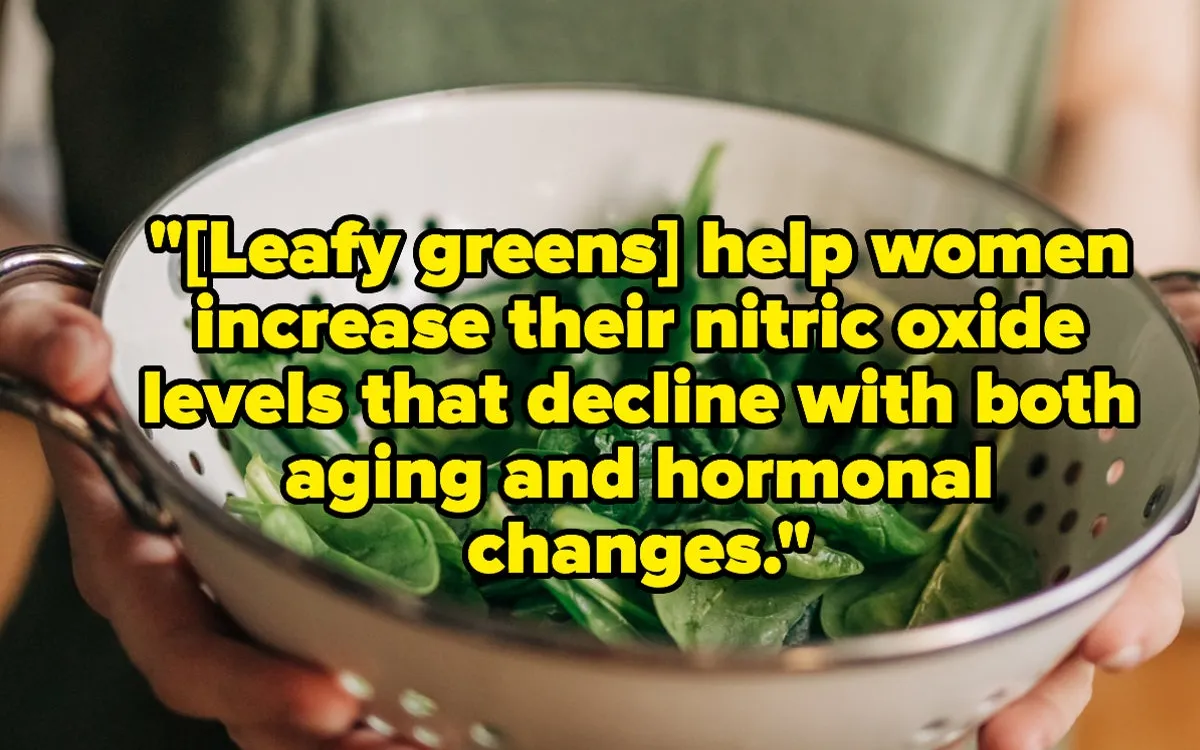
If you’re a woman in your mid-40s, you have likely observed a myriad of fad diets and nutritional trends over the years. As you grow older and wiser, you may have settled into a dietary routine that provides you with energy and nourishment most of the time. However, recent years may have brought noticeable changes to your body. According to Dr. Stephanie Faubion, the medical director of The North American Menopause Society, “For most women, perimenopausal symptoms might have been happening since your mid-30s.” With the typical onset of menopause around age 45, it's essential to prepare for the changes ahead.
As you approach this new phase of life, you might be experiencing weight gain or a shift in body composition, particularly around the abdomen. Dr. Faubion points out that “We lose muscle mass by 1% a year after age 50, and most adults gain about a pound and a half each year through middle age.” Despite these challenges, weight gain is not an unavoidable fate. “You can’t exercise it all off, so you need to pay attention to what you’re eating,” she advises, emphasizing that you can still enjoy a vibrant, healthy diet filled with fruits and vegetables.
This is a prime opportunity to enhance your diet with more nitrate-rich vegetables. Maryann Jacobsen, a registered dietitian and midlife health expert, notes that “many women over age 45 are at an increased risk for nutrient deficiencies, even when they eat the way they always have.” She emphasizes that this period in life is a “window of opportunity” for dietary changes that will benefit your health later on. Incorporating more leafy greens, celery, and beets can help boost your nitric oxide levels, which tend to decline due to aging and hormonal shifts. In fact, a study revealed that consuming two salads a day improved blood flow related to nitric oxide in midlife women.
As you navigate this phase of life, it’s crucial to focus on micronutrients such as magnesium, zinc, choline, omega-3 fatty acids, iodine, B vitamins, and selenium. Aging and decreased estrogen levels can affect how well your body absorbs these essential nutrients. Courtney Delpra, a dietitian at the Cleveland Clinic, warns against the pitfalls of extremely low-calorie diets. “When your estrogen levels start to dip, this also decreases muscle mass,” she explains. Skipping meals can lead to negative consequences, as your metabolism relies on consistent fuel. Think of your metabolism as a bonfire; if you don't add enough logs, the fire will dwindle. It’s vital to ensure you consume enough calories along with the right macronutrients.
Delpra recommends incorporating 20 to 30 grams of protein into each meal. This can be easily achieved with lean protein sources such as 4 ounces of chicken or turkey, 3 ounces of fish, a cup of beans, or a handful of nuts or seeds. Regarding higher-fat meats like red meat, the American Heart Association advises limiting consumption to one or two servings per week.
While protein is essential, it is just one aspect of a balanced diet. Jennifer Salib Huber, a registered dietitian and licensed naturopathic doctor, cautions against an overemphasis on any single nutritional component. “A common mistake women make is focusing too much on protein or excessively limiting carbohydrates,” she states. This can lead to inadequate fiber intake, which is crucial for maintaining health, especially as cholesterol levels tend to rise during menopause. Increasing fiber intake can help manage the 10% increase in cholesterol and lower the risk of insulin resistance and diabetes. The American Academy of Family Physicians suggests women over 40 aim for around 25 grams of fiber per day, recommending foods like berries, whole grains, and nuts.
It’s essential to develop a healthy eating plan that fits your lifestyle without inducing guilt. Huber concludes, “Women need to find a way to enjoy healthy eating that fits their life, without guilt. It needs to be flexible and forgiving, not dictated by strict rules.” Instead of striving for perfection, embrace a “good enough” standard most of the time.
In conclusion, as you navigate the nutritional landscape of your mid-40s, focus on balanced meals rich in proteins, fibers, and essential micronutrients. These adjustments can significantly impact your health now and in the years to come.